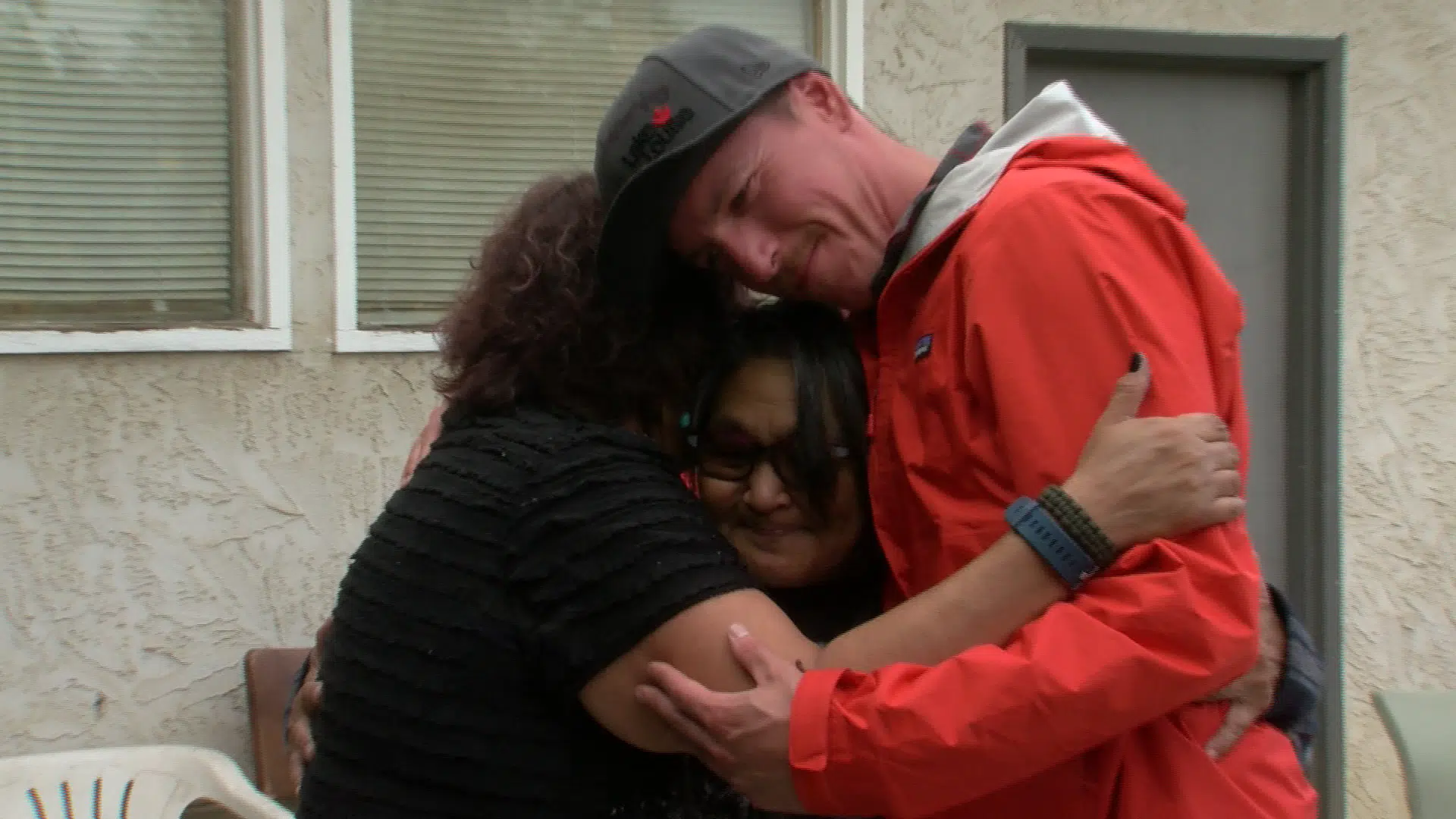
‘The Walk to Remember’; raising awareness for missing and murdered indigenous women
MEDICINE HAT, AB —Since 1970 the number of missing and murdered indigenous women ranges from 1,000-4,000.
Matthew Jefferson is walking across Canada to raise awareness after his aunt went missing in 2017.
He was in Medicine Hat over the weekend and says he hasn’t never been by himself on this trip.
